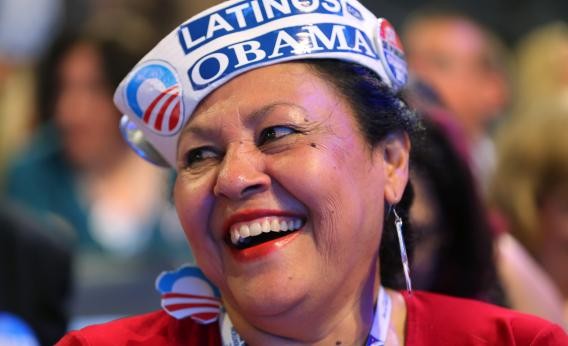Over the last few weeks, we’ve heard a few grumblings of support for the Memphis City Council’s referendum seeking to extend its own term limits from two to three terms. Unfortunately for the council, those grumblings appear to be coming only from its own members and their cronies. Nevertheless, they continue unabated in their effort to rally support for this mistaken attempt to supplant the will of residents.
Memphis Mayor Jim Strickland has abandoned his previous promise not to seek a third term in office if term limits were extended. Now, showing a little mayoral leg to entice his voting bloc, Mayor Strickland said if the referendum passes, he will be more than happy to flip-flop his position to keep himself in office.
Meanwhile, Councilman Dr. Jeff Warren — the referendum’s most vocal supporter — seeks to garner votes in his quixotic quest to remain in power.
I’ve said this before: I like Jeff Warren. I appreciate his service. I appreciate his efforts to protect Overton Park. Although I’ve never voted for Mayor Strickland, he offered strong leadership through the pandemic and has offered a welcome, tempering voice as the city council unwisely sought to hop into bed with the Carlisle group and have the city carry far too much financial risk in the One Beale project.
I have strong disagreements with these men on a number of other issues, but even if I didn’t, their cynical efforts in backing the term limit referendum demonstrate a disappointing amount of hubris and/or frightening misunderstanding of the goals of public service.
Strickland and Warren have primarily argued in favor of the referendum because there is still work to be done. Well, of course, there is, but that’s not a good reason to extend term limits. There will always be work to do, challenges to overcome, and improvements to make. Extending term limits to three terms or eliminating them altogether will not change that fact.
Public service and governing should be about making as great a contribution as you can while you have the opportunity. Democracy is about making long-term, incremental progress, and a good public servant should work to make those contributions and that progress, but with an eye on developing young leaders to follow behind him or her and continue that work. That’s Strickland and Warren’s first mistake — contending that the work can ever be finished. Their second mistake and the much more troubling one is believing that only they are capable of doing that work.
Look around Memphis. We have so many talented, energetic, and creative people working to make the city better. Whether it is in business, nonprofits, or advocacy, Memphis’ greatest resource is our sheer abundance of smart and caring individuals working to build a more just and equitable city. Working to build a stronger education system. Fighting to ensure that as we develop, we do so in an environmentally sustainable way.
Instead of wasting their energy and spending political capital on keeping themselves in power, Mayor Strickland and Councilman Warren would be better off identifying young leaders who are already contributing to our city and encouraging them to bring their energy to public service.
Let’s bring this debate to a close on August 4th. What is on the ballot is not a referendum on term limits but one on the arrogance of a few. For the third time in 14 years, vote against this cynical referendum. Once that’s done, we can focus on what really matters, continuing the work of improving the lives of all Memphians.
Bryce W. Ashby is an attorney with Donati Law, PLLC.







